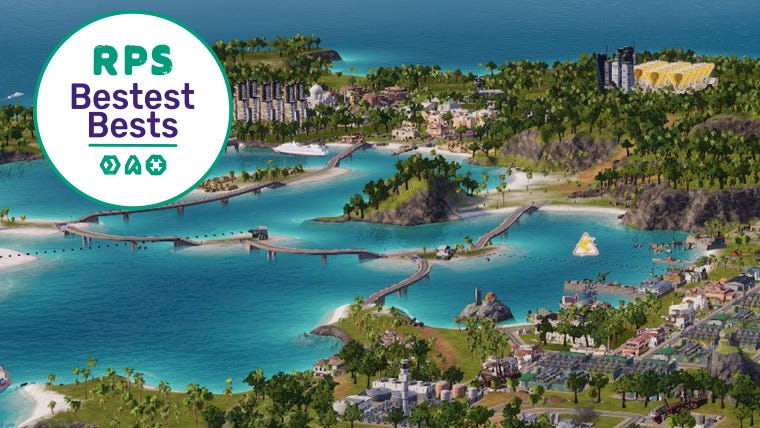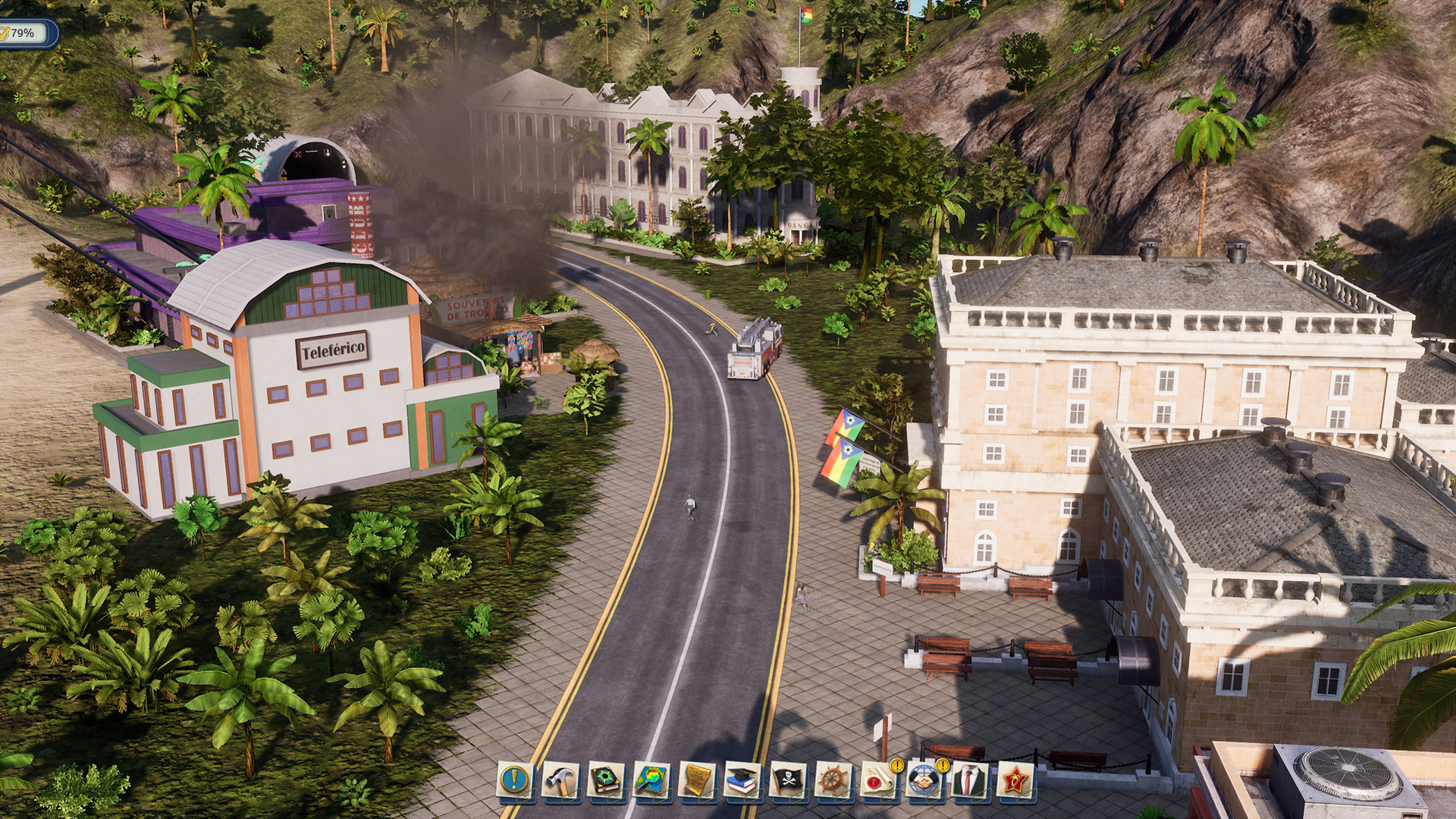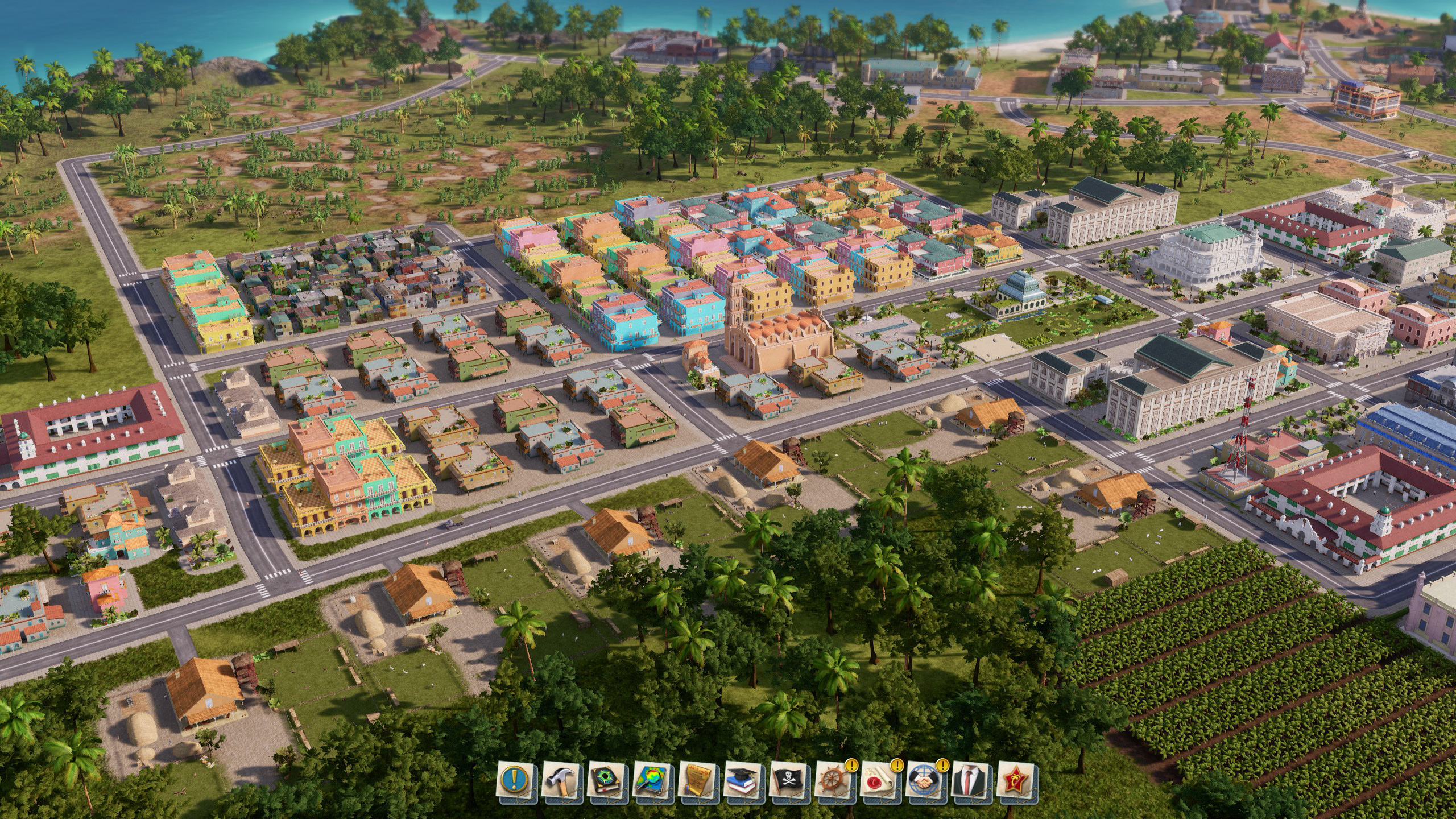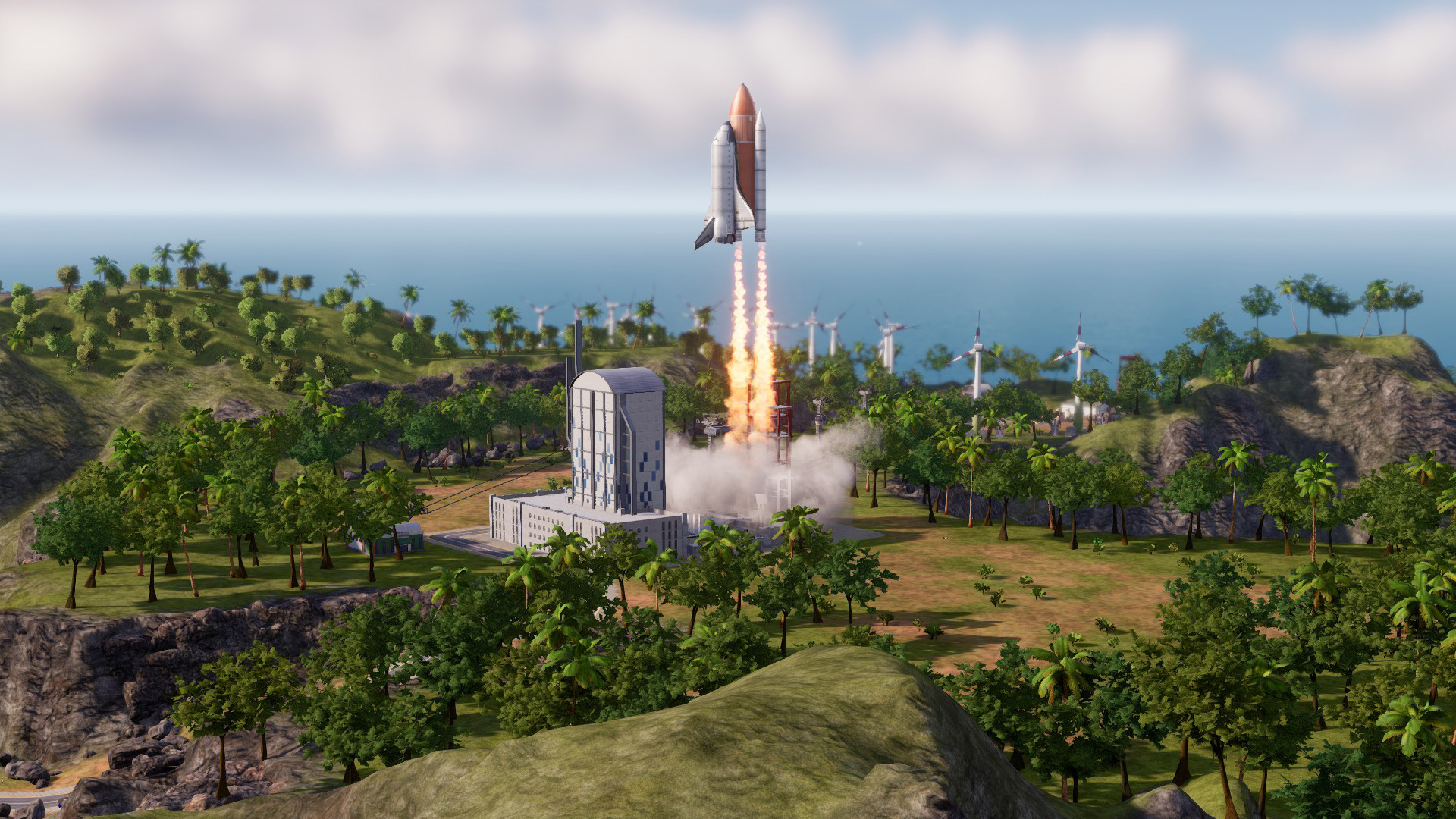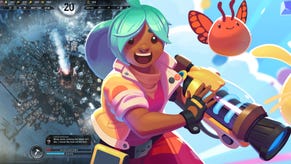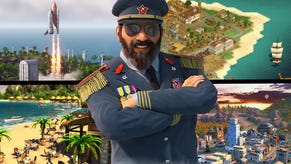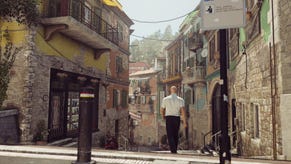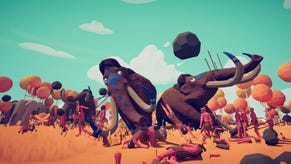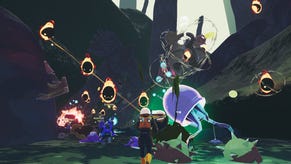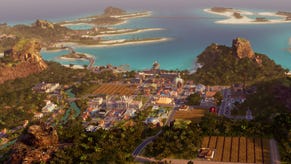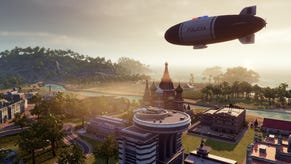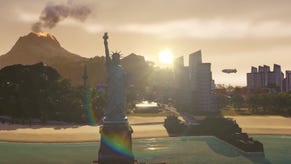Wot I Think: Tropico 6
Islands in the sun
Islands change everything. What would be just a map option to split the landmass into sea-divided blobs in so many other city-builders or strategy games is, in cod-Caribbean management sequel Tropico 6, transformative. For this most conservative of management series - you're a better man than me if you can easily tell the previous three games apart - even the smallest change can make a profound difference.
Tropico's long been a game played as much for mood, a dream of eternal sun and a zen state of building calm, as anything else. Making the new archipelago format, an empire built across scattered shores, melt neatly into that sensory pleasure, rather than disrupt it, is not as straightforward as it sounds.
Part of why islands work so well here is that they gently switch up the traditional goal of expansion for expansion's sake. Instead of a circle of industry relentlessly pushing outwards, now the other islands become something to strive for; distant, initially impossible-seeming goals.
Equally impossible-seeming is that your attentions and affections could possibly be divided between multiple places. Your first island will, for hours, seem so vital and precious. I regarded the other islands with suspicion, as unwelcome irritations-in-waiting. But, like the new well of love that opens up in your heart should you have a second child (unless they're a git), it turns out that the capacity to care just as much about another island is there, once the moment is at hand. I grudgingly built a dock on a second island an hour or so in, intending only to haul ore from it back 'home' to the main island, leaving it an otherwise uncolonised no man's land.
A few hours later, it was a hive of mines, factories and farms, all kept neatly away from my increasingly postcard-perfect housing and leisure main island. Later, I had an island dedicated to tourism, the monied, gullible fools kept well away from what I thought of as The Real Tropico. Later still, another island was coated from shore to shore in solar farms and wind turbines, discreetly providing all the clean energy my now fossil-free 'home' could ever need.
They were all my precious babies, equally-loved. Some were connected by bridges, some by funiculars, some by boat; the hive of motion around and over them was delightful. It's now impossible to imagine a Tropico that isn't split into islands. Surely it was ever thus?
"It was ever thus" has been both selling point for and black mark against the last few Tropicos. It would be a lie to claim that, outside the islands, there have been many dramatic changes in 6, but I rarely felt as though I was simply repeating myself. Most components return, of course. The choice to be cuddly, Castro or Stalin; playing politics with various external nations; juggling profit and war, domestic and touristic interests; unbridled capitalism vs green sensibilities. I know it all well, and the toothless comedy take on dictatorship remains as insipid as ever - though I'm glad to say that did feel a little less in my face, this time around.
But I don't feel like I'm going through the motions. The challenge feels a little stiffer, not unreasonably so, but just enough that worrying about where the money's coming from and how to keep enough factions on side to get me through another election was a constant concern. It keeps me on my toes without actively blocking me from my expansion plans, instead of treating me like a slow-moving retiree who just wants to plop down sun-kissed shanty towns at their leisure.
There are a few elements, such as the Raids used to gain bonus resources, build Superpower alliances and heist the occasional world wonder, which feel a bit like they fell down the back of the interface's sofa, but once you know where they are and how they work, clearly that goes away.
I wasn't totally wild about road placement either, which on the one hand does a neat job of automatically curving and bending as you try to drag a path around your various mines, farms and shacks, but on the other hand will stubbornly refuse to allow perfectly reasonable-looking turns or veer off course because of some invisible bump in the terrain. This often necessitated demolishing and re-placing multiple structures just so a main thoroughfare through my growing settlement didn't wind up in a dead end. It feels like the sort of thing which could be tweaked, but as it is it unnecessarily complicates bigger concerns.
Something which does not complicate bigger concerns, I'm glad to say, is warfare. Though it's always talked about as a possibility, you can turn all conflict off with in-game policy decisions that even disable the building of military structure, so it doesn't even feel like the cheat that flicking a 'no mean men' menu option would. Alternatively, you can go full-throttle for that stuff with policy choices and how you interact with various off-screen factions. To me, it feels like someone dropping a tuna steak on top of my ice cream sundae, but horses/courses.
Non-military foreign policy isn't the strongest card in Tropico's hand (all the cards have pictures of pineapples on the back, obviously) either, the superpowers constituting little more than robotic points-trackers that can spit out a bunch of cash if you keep 'em at a certain level. They're effective in terms of giving you a leg-up to advance your nation to new eras, but achieve little in terms of setting its place in the world. The map is the map is the map, with no real sense that there's anyone real outside it.
I want to say that I wish Tropico could lean in harder to how it handles and depicts other nations, in preference to continuing to fall asleep with its hand on the comedy despotism wheel, but on the other hand I don't really want more getting in the way of gradually transforming island wilderness into hive of colourful industry. Tropico 6 offers a series of scenarios, with their own themes and challenges, but sandbox mode is where the real party's at, with various options to turn off impediments to expansions and indulge in the sheer sprawl of a nation grown across multiple, bridge-linked islands, its people ferried between vast hubs of work and life by boats, buses, metros, cable cars. Airports, spaceports - it keeps on snowballing. All of this began with a few shacks in the sand.
Past a certain point, a long-term Tropico 6 sandbox session leaves the cosiness of yore behind and really explodes, in size, complexity and sun-kissed spectacle. That's where the real difference between 6 and the last few makes itself known. A collection of features and buildings, big and small, combined into something that ultimately has you sit back and exhale in proud surprise at all you have done, how far you have come.
It is, very much, A Tropico Game, but it knows how to go big, how to feel like it's playing with the citybuilder big boys, instead of remaining in its safe soft play corner. There's plenty of stuff I'd change, especially tonally and in terms of international relationships, but I played it happily until I couldn't see straight. I'm left thinking it should have called itself Ultimate Tropico rather than the implied exhaustion of sticking at 6 at the end.
